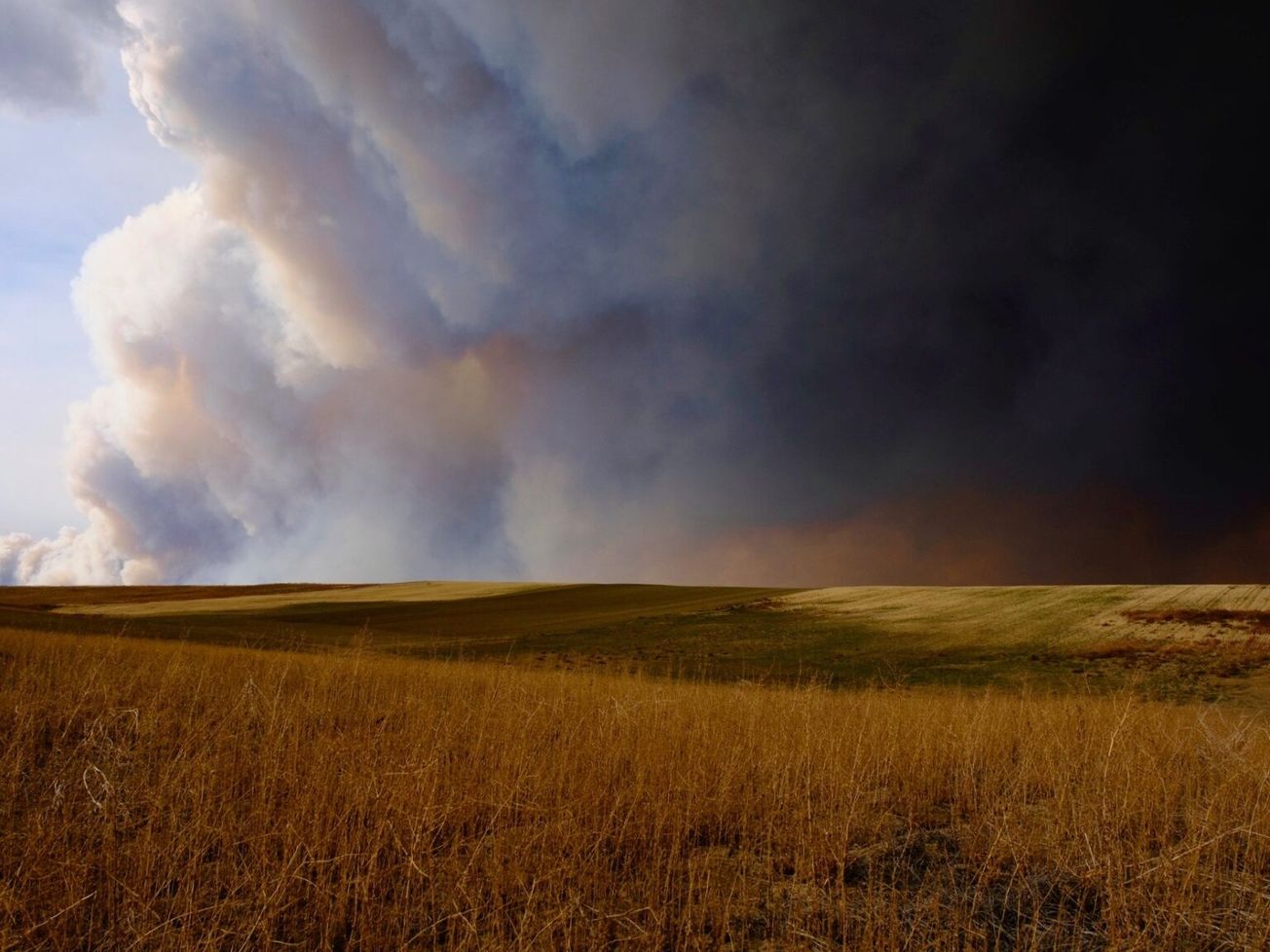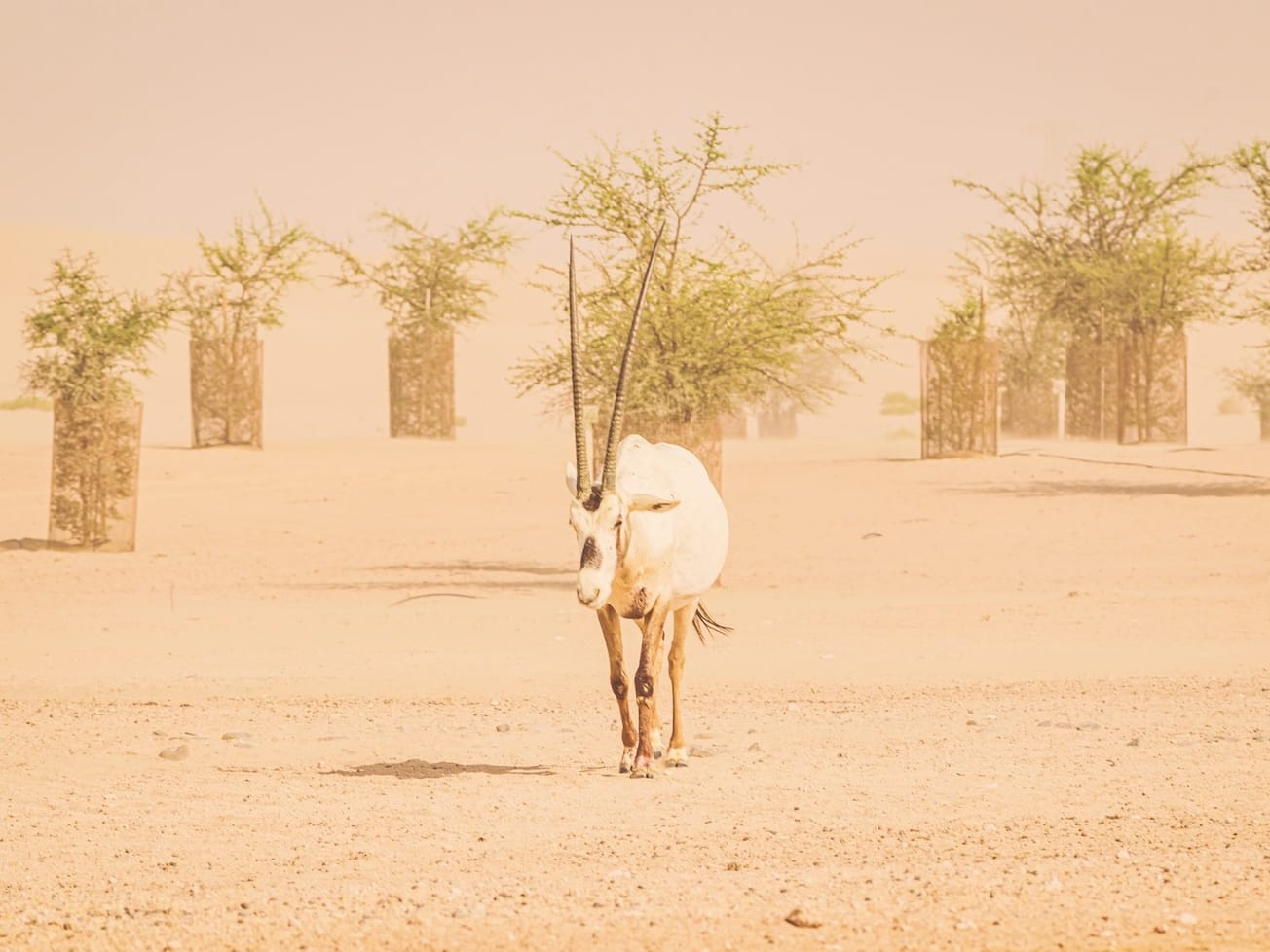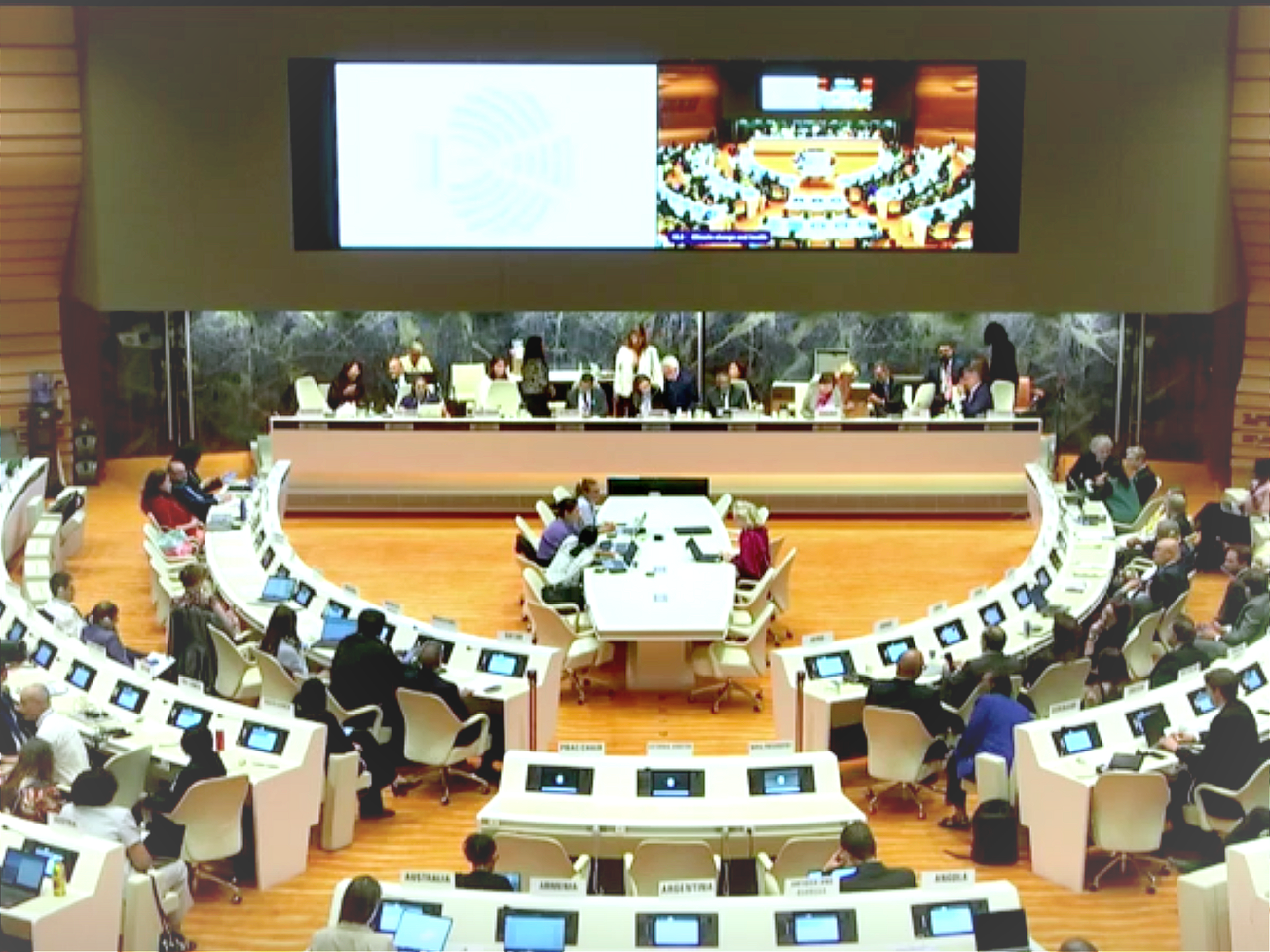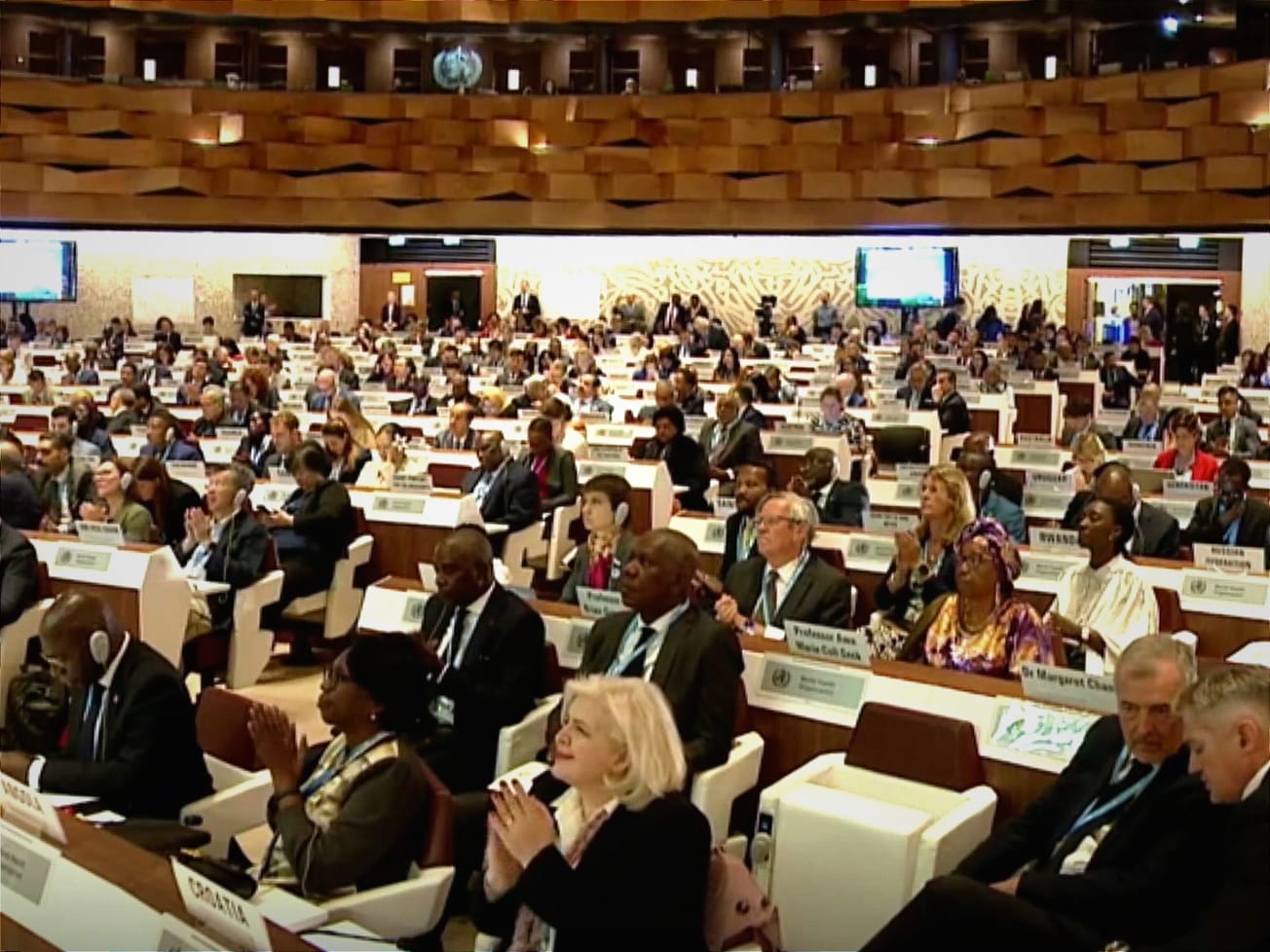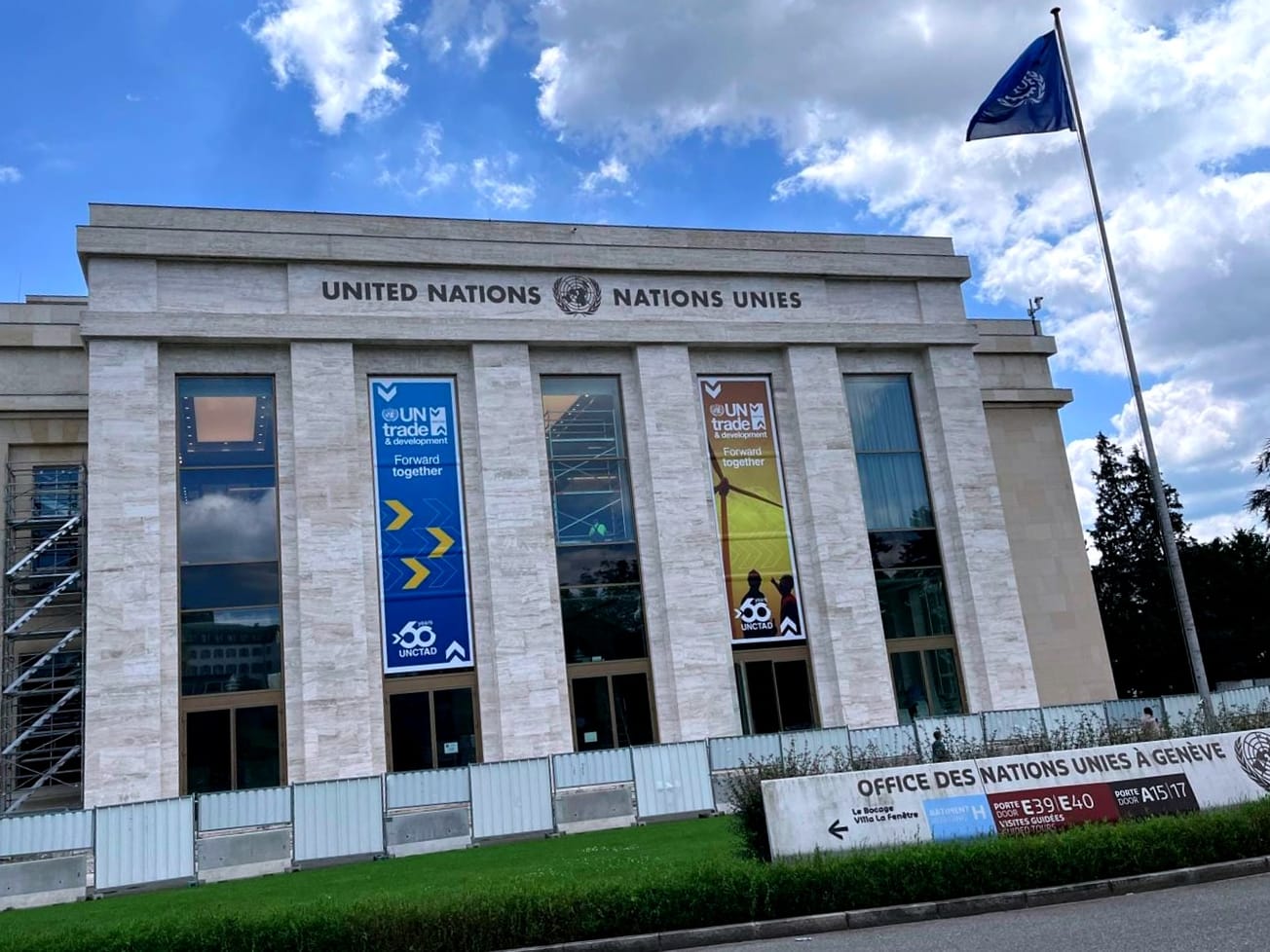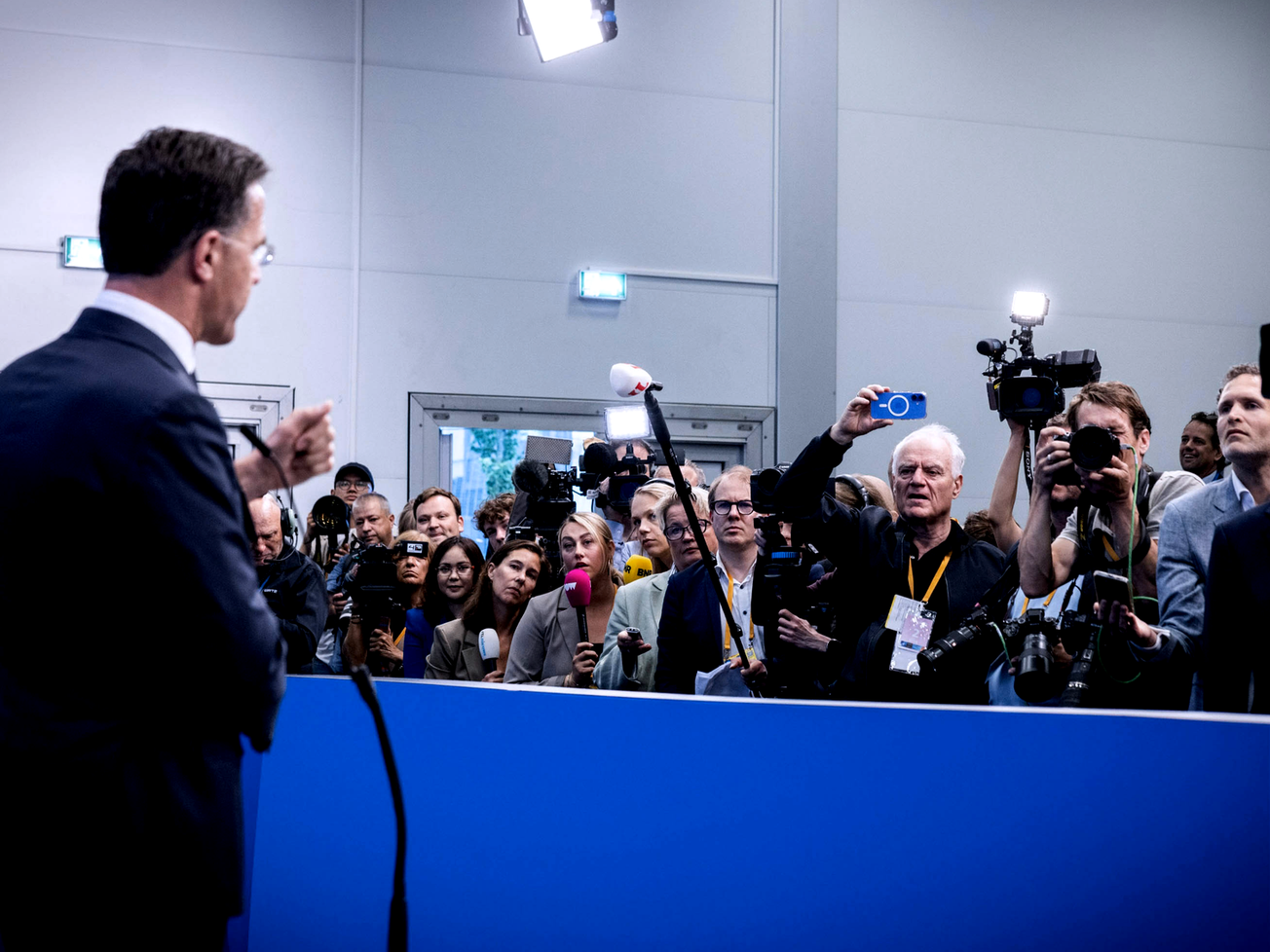UNITED NATIONS (AN) — U.N. Secretary-General António Guterres appealed to world leaders on Wednesday to start fixing our "broken" planet by ringing in 2021 with a commitment among all nations to embark on a carbon pollution-neutral future.
It was the latest in a series of efforts by Guterres to call on governments to live up to their obligations under the 2015 Paris Agreement on climate change, which was intended to spare the planet of the worst effects of carbon dioxide, methane and other heat-trapping gases becoming too highly concentrated in our atmosphere mainly from fossil fuel burning.

